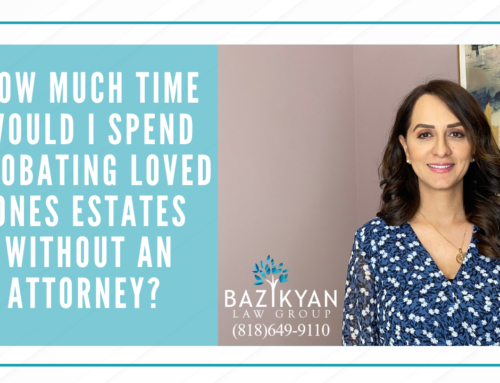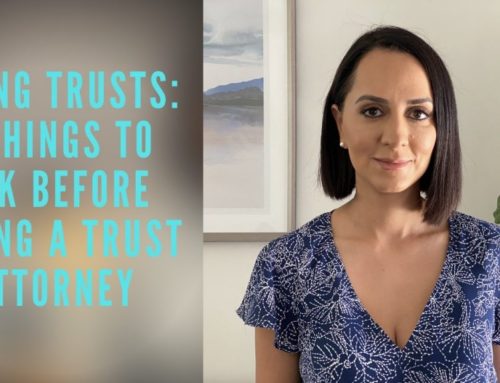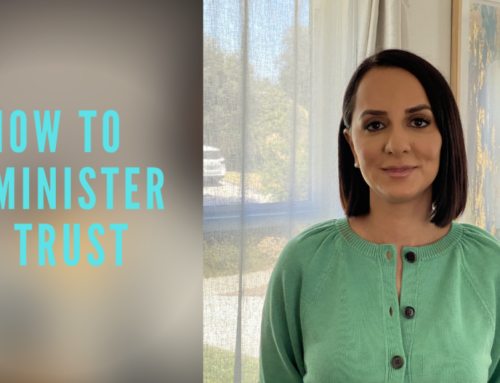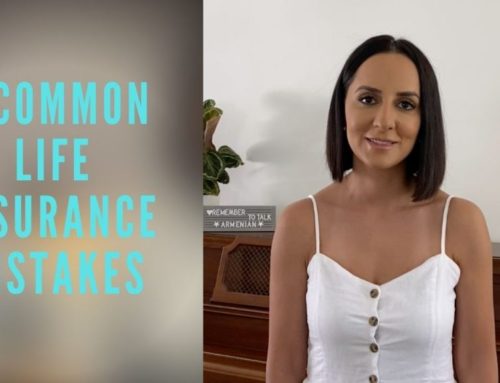[A last will and testament is a necessary part of your estate plan. Take a closer look at the benefits of a will and how it can help you control your assets after your death.]
Predicting the future is one of life’s many uncertainties. But, there is one inevitable eventuality – one’s death. In the event of your demise, you do not want your loved ones left grappling in the dark, trying to figure out what to do with your estate.
A last will and testament is a necessary part of your estate plan, and you will need an experienced estate attorney in Los Angeles to set you up and inform you of all its benefits.
So, what is the last will testament?
Last Will and Testament Facts
The primary reason for creating a last will and testament is to express your wishes to your loved ones on how you want your affairs and assets handled after you pass on. It is a legally binding document with detailed descriptions of how the heirs will share your wealth.
It allows you to name beneficiaries, define assets, assign guardians to your children (especially minor children) and appoint an executor.
What Does a Last Will and Testament Do?
Creating a will is not a difficult task, especially in this technologically advanced era. Since it is a legally binding document, expect it to do the following:
- Divide Your Assets
Whatever you have amassed in your lifetime, be it money and other assets, a last will and testament will describe what happens to them. Then the court will divide the assets as per your instructions.
- Appoint an Executor
During the process of creating a will, you have to appoint an executor. This is the person who will carry out your wishes as stipulated in your will. It has to be someone you trust who you know can carry out your preferences as per the document.
- Name Beneficiaries
Without beneficiaries, a will loses its meaning. Apointed parties get what is allocated to them once you have named your beneficiaries. Recipients aren’t necessarily people; they can also be organizations.
How Does a Will Work?
The instructions in a will are only carried out after you die. The will goes through probate. Probate is the legal process that validates a will after you die. Our probate can help your loved ones through this process since it gets crazy at times.
If you have any debts and pending taxes, probate handles them by ensuring the executor uses your assets to settle them. Then the executor will be responsible for carrying out the instructions in your will.
Why Is a Will Necessary?
The last will and testament gives you the chance to control your assets. It allows you to appoint an executor, appoint a guardian for any of your minor children.
If you do not have a will, the court appoints an administrator using a pre-determined method. Then the court decides how the estate will be distributed. You will not be able to give your property to non-relatives or exclude relatives. If you have no relatives, then the state claims your estate.
What are the Benefits of a Last Will and Testament?
Several benefits of a will and testament:
- You control how your assets are distributed. You have the option of leaving specific things to specific people.
- You protect the heirs or beneficiaries from complex processes and financial sharks.Co-owners can inherit your real-estate if you do not have a will.
- You can appoint guardians to minor children and people to manage the property until they come of age.
- If you have a large family, you can settle many disputes before they arise by clearly stating how you want the property distributed.
- A will is less expensive and much more straightforward than a revocable trust.
Can You Make Changes In a Will?
If you have created a will early in your life and then things have changed, you still have the option of making those changes in the will as soon as possible. If you do not make changes immediately, then you die, the courts decide the way forward.
At Bazikyan Law Group, our wills and trusts attorney in Los Angeles can walk with you through the whole process. Although it a will is a great start, the will by itself does not accomplish the most important goal: Avoid Probate. To do this, you need a trust.





